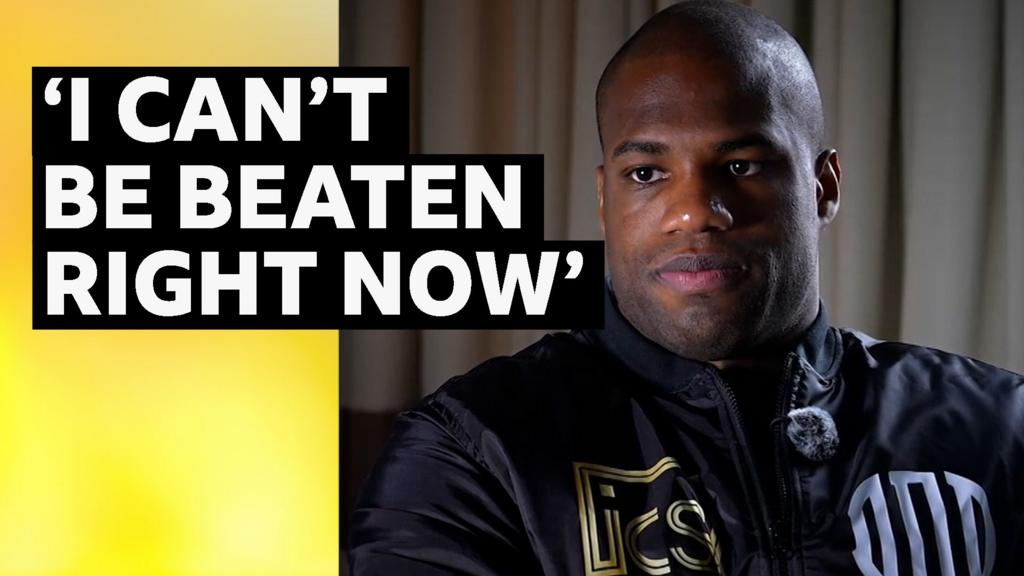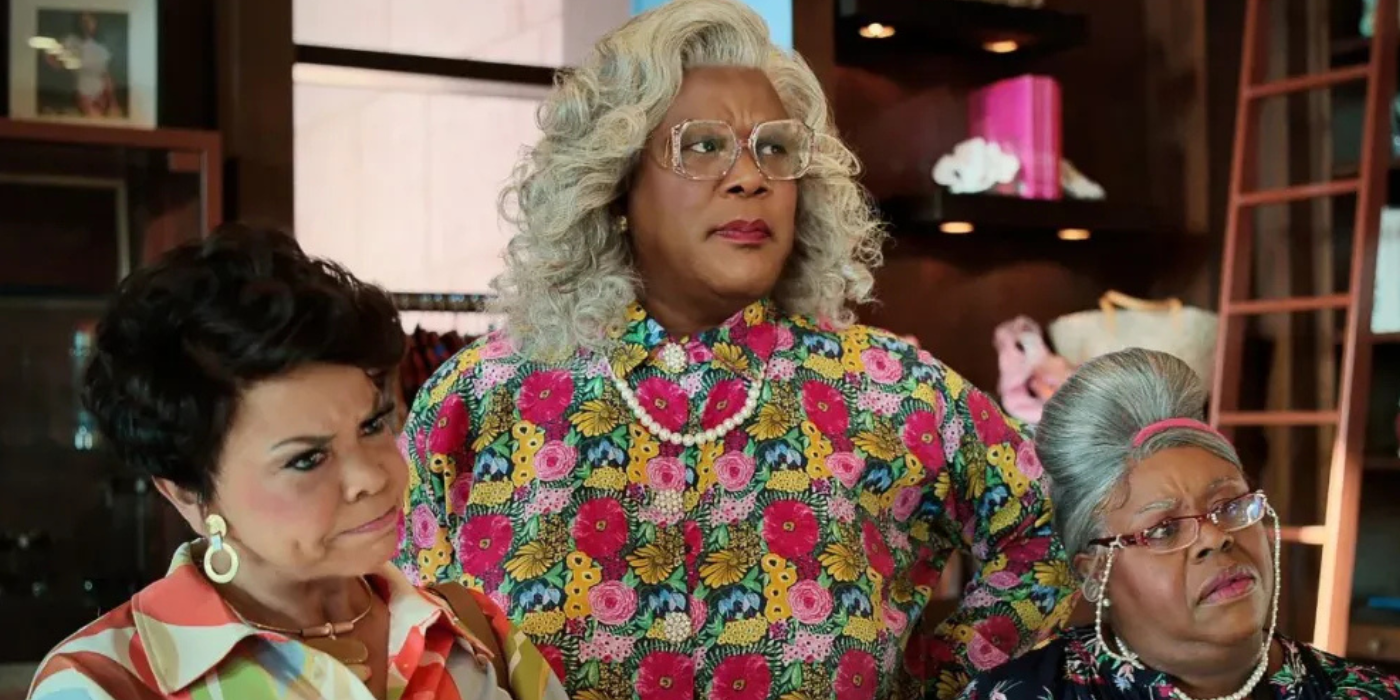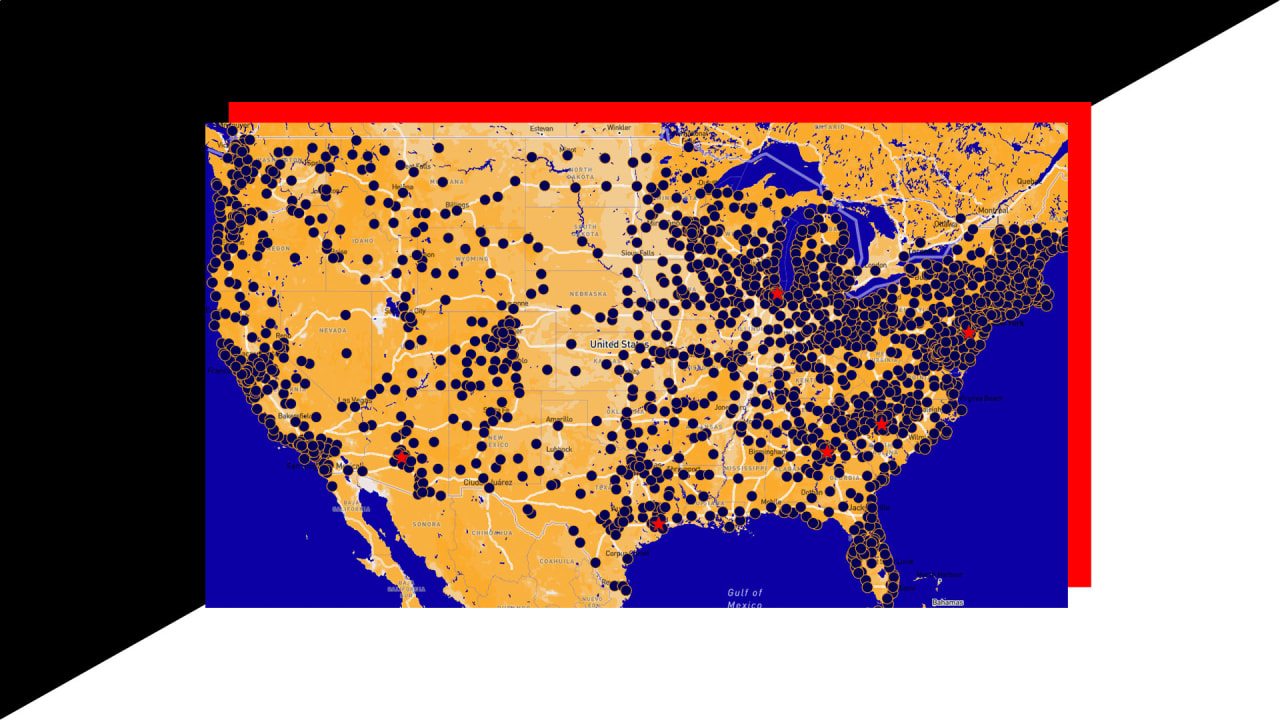With DEI, silence is complicity

Five years ago, we weren’t so divided as a business community on supporting a broad range of initiatives. However, since January, many U.S. companies have rolled back their DEI programs, including Chipotle, Comcast, Disney, GE, GM, Google, Intel, and Pepsi.
Other companies, such as Nike and JPMorganChase are delaying the publication of their impact reports. Even an industry tentpole event, like the Cannes Lions International Festival of Creativity, this year was largely mum on DEI, when just three years ago it was the topic du jour. Reasonings ranged from legal challenges and internal pushback to economic factors and political scrutiny from the Trump administration.
In the past, there was an unspoken policy that most businesses “don’t get political”—a sentiment I don’t disagree with. But the hard truth is the modern workforce is aware of what’s going on in the world, and they see acquiescence or silence as being complicit. Some consumers have expressed their dissatisfaction through boycotts that have impacted major retailers such as Target, which saw a drop in sales and stock prices following its DEI rollback.
Beyond the economic repercussions, companies need to realize that these sudden about-faces lead to uncertainty for their stakeholders. Instead of changing their values during times of chaos, companies need to stand true to their clarity of mission, culture, and communication.
Clarity of mission—stay true to your North Star
At a time when organizations are being attacked from any side, companies must define what they stand for. Every ship must have a rudder and a course for a successful voyage. That’s even more important in a storm—and make no mistake, we are in a storm.
It’s easy to get lost in balance sheets from quarter to quarter—particularly when budgets get tight. But organizations need to zoom out in terms of their business timeline. Administrations are temporary, but the goal is to court customers for life.
Take Apple for example. The company has maintained its commitment that business should be a force for good by focusing on innovation, collaboration, and serving others. “We believe that business, at its best, serves the public good, empowers people around the world, and binds us together as never before,” said Apple CEO Tim Cook.
Rather than shying away from various initiatives, Apple uses a portion of its investor relations page to highlight its work on education, accessibility, DEI, and the environment. And Apple’s investors agree with the company’s course. Despite pressure from a conservative think tank, Apple shareholders in February rejected a proposal to eliminate the company’s DEI program.
It can be prudent to update methods or change tact, but companies should not change their destination or values. Cook conceded that as the legal landscape evolves, Apple may need to change some policies to comply, but the company’s North Star of dignity and respect for everyone would remain. Every company’s North Star is a little different, but consumers are watching for it.
Clarity of culture—empower your employees and consumers
The clearest way to keep your company aligned on values is maintaining its distinct culture; an organization’s culture is one of the key experiential outcomes of its stated mission.
While some companies are pulling back their DEI activities for fear of government or political retaliation, I would argue that customer and stakeholder sentiment is more impactful in the long run. For certain companies, like Ben & Jerry’s, their customers are clear in supporting DEI initiatives. Other companies, like AB inBev pulled back its activities after the backlash and boycott following Bud Light’s marketing partnership with transgender influencer Dylan Mulvaney.
More recently, we see companies such as Delta Airlines maintaining their DEI policies, not just because of customers, but because of their talent and business pipeline. The company has always maintained that its inclusive policies have led to business growth, talent retention, and customer loyalty. Delta’s website includes updated employment demographics and showcases the work it does to nurture aviators from underrepresented groups.
In response to political backlash, Delta doubled down earlier this year, maintaining its “steadfast” support of its DEI efforts.
The company highlights the importance of a company reflecting the backgrounds of the people it serves—because businesses don’t just operate in America or in red states or blue states. And business results underscore that distinction. Companies with higher DEI rates are more likely to outperform their competitors in profitability.
Clarity of communication—talk the talk while walking the walk
Through all this turbulence and uncertainty, it’s integral to business success for companies collaborate with their staff and communicate with their customers. Organizations must ensure that what they’re doing is aligned not just with their corporate values, but community values too. Any misalignment must be addressed.
And don’t be subtle about it. Pick a lane and definitely communicate what you’re doing. A clear, bold message leaves no room for misinterpretation and projects a necessary confidence in your business values and goals.
Despite not having a corporate public relations team, Costco has been the most vocal example of clear stakeholder communication about its values. Costco maintained the price on its iconic $1.50 hot dog despite inflation causing prices to rise. The move firmly protected the wholesale retailer’s consumer culture and made customers feel like the company had their back.
In January, Costco went viral on social media as the counterpoint to Target when it maintained its DEI policies. And once again, the results prove clearly communicating company values to customers translates to business wins. In addition to maintaining the support of shareholders who don’t want the company to bend to activist investors, Costco’s sales have continued to climb through the first half of 2025.
Justin Tobin is founder and president of Gather.
What's Your Reaction?
 Like
0
Like
0
 Dislike
0
Dislike
0
 Love
0
Love
0
 Funny
0
Funny
0
 Angry
0
Angry
0
 Sad
0
Sad
0
 Wow
0
Wow
0



.jpeg?width=1200&auto=webp&trim=0,100,0,100#)

























































































